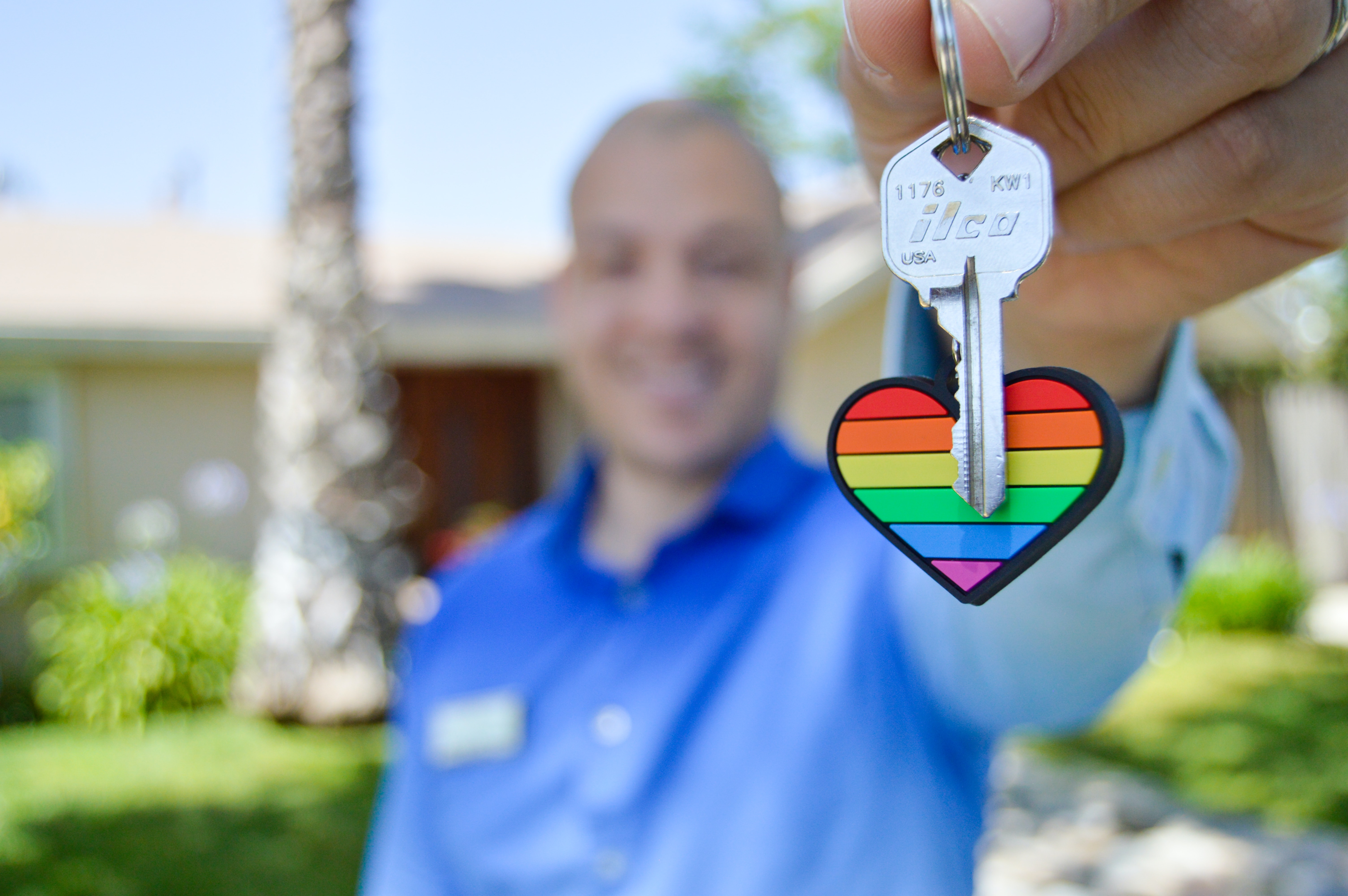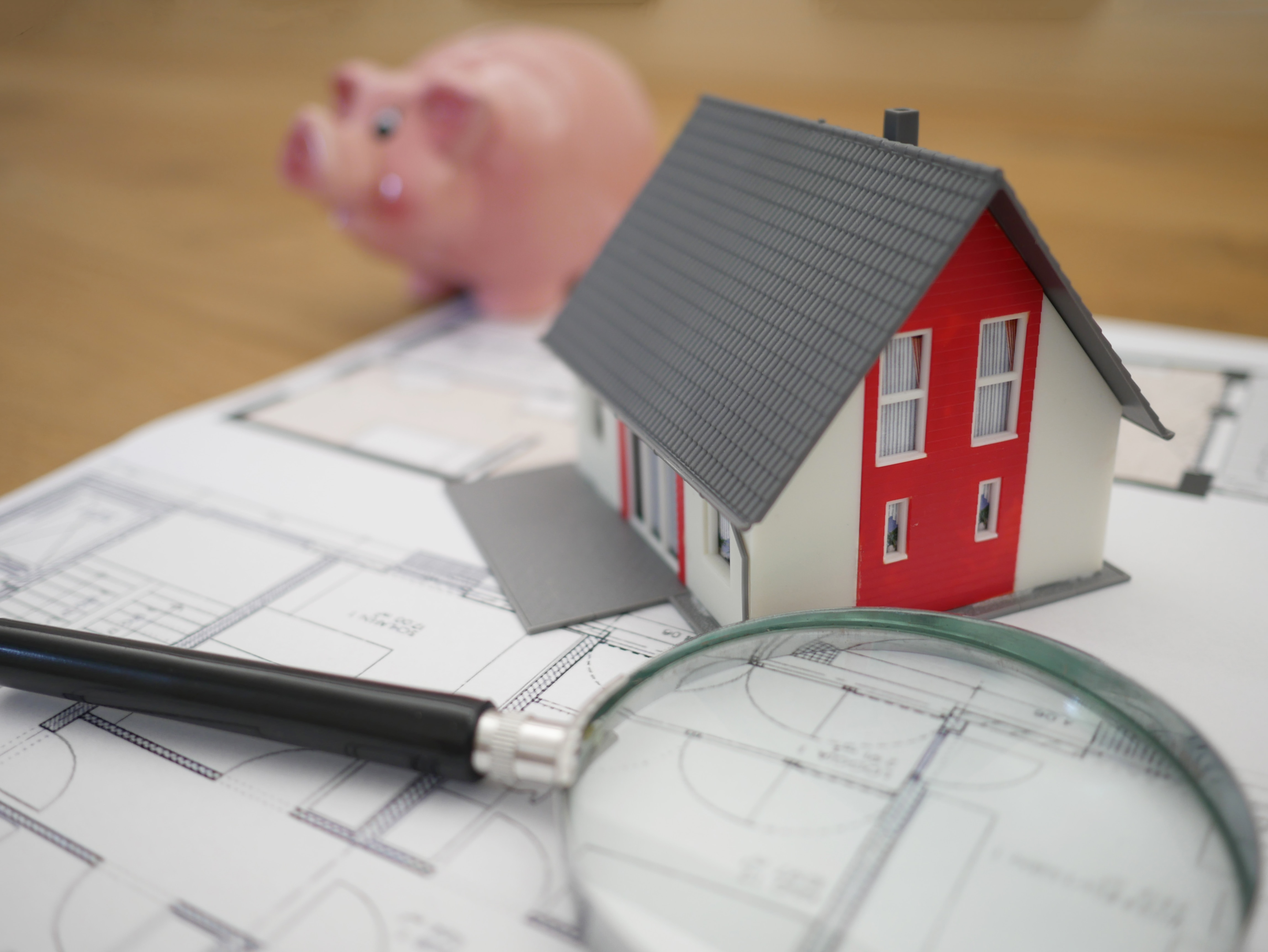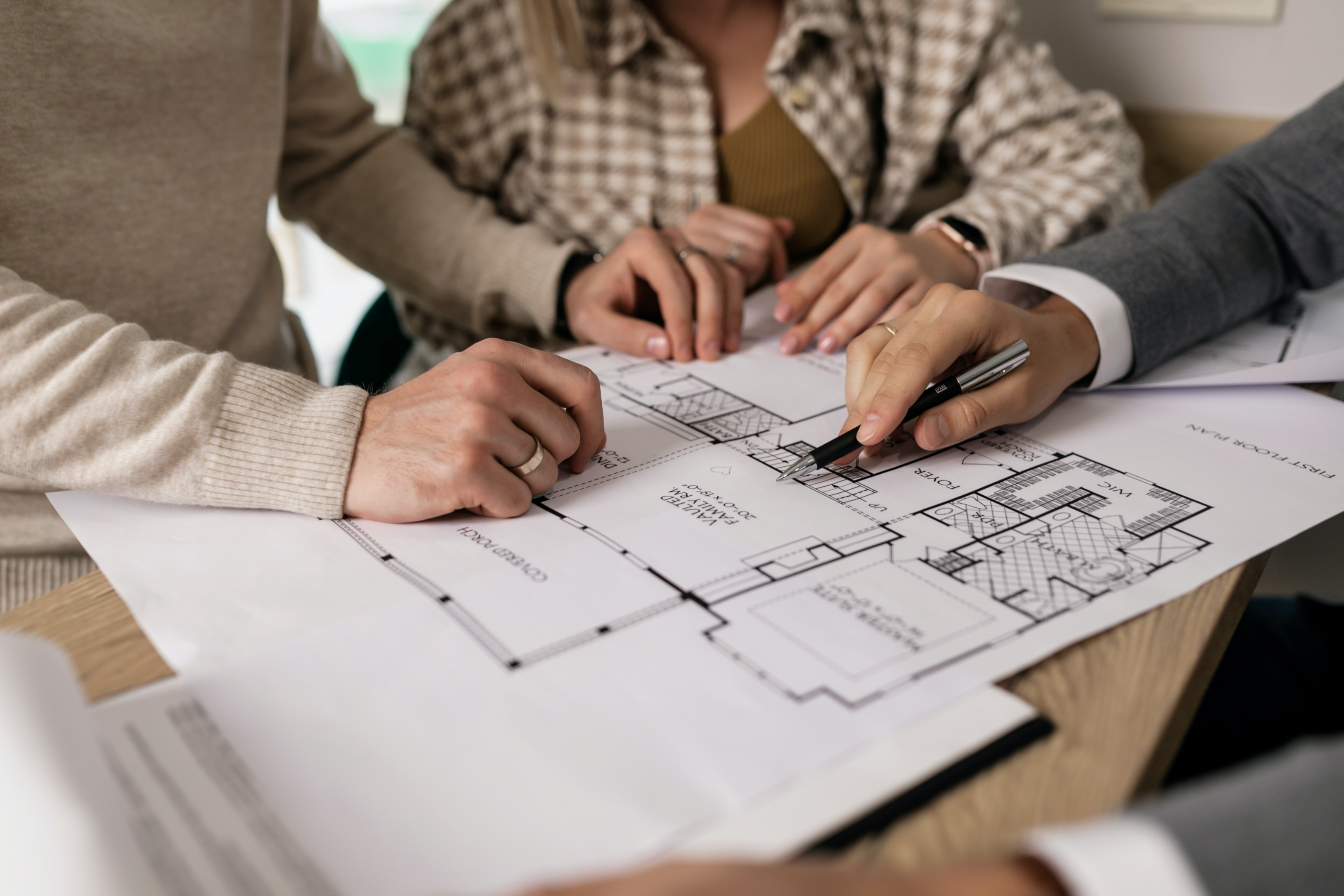Selling a house is challenging. You may be selling a house to pay your debts or make more money, but being prepared will ease the process. One way is to hire a real estate agent to assist you while making the process super-convenient. Again, sorting the wheat from the chaff is difficult. You must choose a reliable and reputable realtor who can make a world of difference. Do your research before you decide to hire a realtor.
Once you’ve decided upon a real estate agent to help you with your home-selling process, you should put all your doubts and queries before them before you close the deal.
Here are forty such questions you must ask your real estate agent when selling your home:
Questions About the Selling Process

If you’re selling a house, you need to know certain things to determine what is involved in the selling process and to keep up the expectations for a successful sale. Some questions to ask include:
1. When Is the Best Time to Sell a House?
It really all comes down to personal preference, but a few things might have an impact on the house-selling process. Some months (and weeks) are better for selling a home than others.
For example, summer and spring will have faster selling results. While the sales might drop during fall and winter. However, you had better ask your realtor about the same.
2. What Will Be the Overall Expenses?
Your foremost concern will be expenses. Selling a house comes with considerable costs which perhaps you’re not ready for. Therefore, it is typically advisable to talk to your realtor regarding how this will influence the cost of selling a house in total.
Your realtor can also help you by giving you an idea of the total cost to help you figure out if you are in a position to pay for it or would rather wait for a while. Remember that a hasty decision could come to cost over your bank account and your peace of mind.
3. What Is the Best Approach to Selling My House?
Consider how you should sell your house. There are various methods that you can choose to employ them, such as auction, private treaty or expression of interest. In most cases, your realtor should based on yours property and the seller’s market; give you hints on the best way to sell property.
Some will choose to consider things like urgency, demand, and how private they’d prefer the sale of their home to be.
4. What Should I Expect During the Selling Process?
Ask your realtor to take you through the process from A – Z, the various stages and what the outcomes look like. Your agent should be able to explain everything from the initial property appraisal through to preparing your home for the market, inspections, settlement and beyond.

5. What Is the Best Timeline for Selling My House?
Typically it’s important to know when you’re going to be able to sell your house. If you’re in the buyer’s market and there’s other factors, you should get a rough estimate on how long it takes to sell your house from your agent.
6. What Are the Costs Associated With Selling My House?
There are several kinds of costs come with selling your home, including real estate agent commissions, closing costs, and home inspection fees. You should be able to find out from your agent what other costs will be involved so you know how to budget.
7. How Will You Market My House to Potential Buyers?
Your real estate agent should have a marketing strategy that would attract potential buyers to your property. Some of the ways may include; putting your house on the Multiple List Service, MLS, building a virtual tour around your compound, incorporating social media and others.
8. What Is the Process for Receiving and Evaluating Offers?
Your buyer’s agent should be able to tell you what the process is for them to receive and evaluate offers on your house. It includes how to show the buyer offers, how to negotiate with potential buyers and what contingencies to include in a sales contract.
Questions About the Real Estate Property

You have to ask the right questions when you’re selling your house — questions about condition and potential value. Here are some of the key questions to consider when evaluating your property:
9. How Do You Decide the Price of a House?
The other important question for your realtor is whether they are knowledgeable about specific areas and what the prices are. Think about what they have looked at to make their estimate and ask them what their criteria were for deciding on the cost of your house.
When your realtor gives you an estimate for your property, then make sure to ask that they give you some backing for it. This is the evidence you need: the sold prices for your area over the last six months, other comparable homes, and overall property market trends.
10. What Is the Current Value of My House?
It is of great importance to know the value of your house in the current market before selling your property. That way allows you to set a fair price that will catch a potential buyer and make you more profits. Local real estate agent can help you to calculate a rough estimate of your real estate’s value, but you can use online valuation tools too.
11. What Can I Do to Increase the Value of My House?
There’s always the possibility to increase the value of your house. Your realtor is the person you can trust to help you out with the same. Before you put your home on sale, as your realtor, they should be able to advise you on ways to improve potential sale price. They might ask you for minor fixes or renovations such as sending the place to a painter to boost the property’s sale price.

12. What Repairs or Renovations Should I Make Before Listing My House?
Before you sell, you need to figure out if there are any large repairs or upgrades needed that can help make your house more desirable and therefore more valuable to buyers. If you’re thinking of selling your house, think about getting a home inspection app or hiring a professional who can pinpoint any structural or maintenance issues in need of being taken care of prior to listing your home.
13. Are There Any Zoning or Building Code Issues I Need to Know?
If any zoning or building code issues are known to affect the sale of your property, it’s important to know. However, you can find your own copy to verify that you don’t have any outstanding permits or code violations on your property by contacting your local planning and zoning department.
14. What Are the Condition of the Roof, HVAC System, and Other Major Components of the House?
Before selling your house, it’s also very important to check the condition of your house’s main components including the roof, HVAC maintenance system, plumbing, and electrical system one by one. These are key components of your home and any major problems can really affect your home’s value and scare off potential buyers.
Questions About the Real Estate Agents

IF you’re selling a house, finding a great real estate agent to represent you is critical. The right questions you ask can help to assess the agent’s experience, track record and strategy and enable you to understand if you are making the right decision. Here are some questions to ask when evaluating most real estate agents:
15. What’s the Average Time on the Market for Your Listings?
When you are selling or buying a property don’t set unrealistic expectations for the sale; you may need to wait just a little bit longer until the ink dries. Your real estate agent should be selling houses about the same time that the average is on the buyer’s market for your area.
16. How Often Will I Get Updates?
One misconception is that if you have a realtor on board, they will take care of everything and that you can sit back and relax. Having to always be in touch with your agents to know on how things are going is often the case. Perhaps you want to know where your current selling process stands, or if there’s something extra you need to do on your end.
Keeping yourself updated and also keep communicating with the real estate agent is advisable. Have faith to ask them as many questions as possible. Tell the agent that they should keep you posted on everything, good or bad.
17. How Long Have You Been a Real Estate Agent?
Choosing an agent is based, to a good extent, on experience. Yes, there are some great new agents coming into the market, but most have years of experience, which means they have a bit more knowledge of the real estate market, for the most part. They’re also likely to have a bigger network and more resources to leverage.
18. What Is Your Track Record of Successful Home Sales?
A good indicator of an agent’s success is their track record of sales, which will also tell you how successful they are at marketing properties or closing deals. Make sure that they give you very specific examples of homes that they’ve sold successfully, and the price that the home was listed at, then the amount at which it sold, and then the length of time on the market.

19. How Will You Keep Me Informed Throughout the Selling Process?
It’s important to have great communication when working with a real estate agent. Make sure you clearly understand how often the agent is going to let you know what’s going on in your home sale (e.g. weekly) and what channels they will communicate with you through (e.g. emails, text, phone). You might also have to request for contacts of previous clients to establish on the responsiveness of the agent.
20. What Sets You Apart from Other Agents?
It’s worth asking the agent what sets them apart from other agents in the area. This can be anything from having specialized knowledge about a certain market or neighborhood, or how to market a house in a particular way to unique marketing strategies or even having a unique and personalized way of working with clients. So understanding what makes an agent unique can help you to make the right decision on whether they are what you need for your needs?
21. What Are the Terms of the Listing Agreement?
The conditions upon which the property can be listed for sale are the terms of the listing agreement. This can be all aspects: asking price, how long the listing is tilted, and possible special conditions or requirements. It’s important to review these terms very carefully to make sure they’re what you want, and what you expect, in respect to the price you want to sell your property for.
22. What Are the Agent’s Fees and Commissions?
Real estate agents typically charge a commission (percentage of the sale price of the property). This commission offsets the agent’s time, including their marketing and other costs incurred when selling. You should ask the agent how the commission is divided and what else is involved in the sale—administrative fees or transaction fees.
23. How Long Will the Listing Agreement Last?
Another consideration is the length of the listing agreement as well. Most listing agreements last several months, and it’s important to know what happens if the property doesn’t sell during that time.
Listing agreements may or may not include the option to renew or extend the agreement, or penalties for early termination. Make sure you look over the length of the listing agreement carefully and get all your questions answered before signing on the dotted line.
Questions About the Buyer

When selling a house, ask questions about the potential home buyer. Here are some questions to consider asking:
24. What Is the Profile of the Ideal Buyer for My House?
It is important to know what type of buyer your property is most likely to interest. For instance, is your house good for a family, a single professional, or a vacation home? By knowing who your ideal buyer profile is, you and your agent can customize the marketing strategy to attract the right buyers.
25. How Will You Screen Potential Buyers?
Your agent should have a system in place to screen qualified and serious buyers so that they come through your door. You may check their employment, credit history and the ability to obtain financing to their property. It is important to only work with an agent who takes the screening process seriously, to avoid wasting time with unqualified buyers.
26. What Financing Options Are Available to Home Buyers?
Your agent should be able to walk a potential buyer through his or her financing options: a conventional loan, mortgage loan, an FHA loan, or a VA loan. They should also be able to list both the benefits, and drawbacks, of each of these options, as well as be able to explain to home buyers what financial limitations they will need to deal with.
27. What Is the Likelihood of the Buyer Making a Successful Offer?
You should work with an agent with an experience in predicting a buyer’s likelihood of making a successful offer. This can be breaking down the buyer’s financial and personal situation, and understanding why they are buying the house.
If you have an agent who believes that each potential buyer may be your likely buyer, then you are not getting a realistic view with regard to the likelihood of that buyer making a firm offer, and going through with the sale or even seeing the sale to completion.
Questions About the Real Estate Transactions

Selling a house means you typically have to ask a few questions about the transaction process to make sure everything runs smoothly and you’re ready if something unexpected is thrown your way. Some common questions to ask regarding transactions include:
28. What Are the Closing Costs?
Closing costs are the fees related to finalize the sale of the house. These can be title fees, attorney fees, and such. That’s how it’s important to understand these costs for you to budget yourself.
29. Who Pays for the Closing Costs?
Typically, the buyer and seller have some close costs to pay. However, what you pay for what can change depending on the contract of sale. Before closing day, you need to be clear about who’s responsible for what expenses.
30. What Is an Escrow, and How Does it Work?
Escrow is a method of eliminating risk for all parties where a payout is distributed (normally in the form of money) and documents within a real estate transaction are transferred from the buyer to the seller to a neutral third party until all the sales requirements have been met. It’s important to understand how escrow works and what your obligations are during this time.
31. When Will I Receive My Money from the Sale?
If you don’t know when you’re going to receive the proceeds of the sale, that could impact your plans of moving or buying a new property. The seller is often paid a few days after closing.
32. Are There Any Tax Implications for Selling My House?
Selling a house can have a number of tax repercussions for example capital gains taxes. Of course, it is also necessary to speak to a tax advisor so that you can determine the implications on your own taxes with the sale.

33. How Will the Title Be Transferred?
An important part of a transaction is the transfer of the title. This is something to understand how it will be handled and what your responsibilities are in the process.
34. What Happens if the Sale Falls Through?
Not every sale succeeds unfortunately. As part of any offer there will be an earnest money deposit that the buyer has to give with the offer, which it is important to understand what will happen to if the sale falls through, say will you get to keep the buyer’s earnest money deposit.
35. Is a Down Payment Necessary?
A down payment is simply the initial payment made by a buyer towards the purchase price of a property, generally it represents a percentage of the total cost of the home. Generally the seller may have to wonder about the down payment for various reasons like convince the buyer’s financial position, selling a property feasibly, or computing the property’s value on the whole.
Questions About the Legal Requirements

It’s important to know the legal requirements for selling a house. Here are some questions to ask your real estate agent and lawyer to ensure you are aware of the legal aspects of selling your property:
36. What Legal Documents Are Required to Sell a House?
Your real estate agent and a lawyer can advise you on the paperwork needed to sell your house: the sales contract, property disclosures, and transfer of title documents.
37. Are There Any Legal Requirements Specific to My State or City That I Need to Be Aware of?
Each state and city will have their own specific real estate laws so you will want to know the specific rules for your property. As for local laws that can affect how things should be sold, your real estate agent and a lawyer can tell you these.
38. What Disclosures Am I Required to Make to Potential Buyers?
As a seller it is your statutory responsibility to provide to buyers some information concerning your property. This may comprise of data of any form regarding defect, hazardous materials or previous damage on the property. Talk to your real estate agent or a lawyer as they will be able to instruct you on which disclosures you need in the state.

39. What Happens if the Buyer Backs Out of the Sale?
If the buyer decides to back out regarding the sale, then it means that there is a number of consequences that must be faced by the both parties legally and financially. A real estate agent you engage as well as a lawyer can inform you of what happens in this case and the available choices.
40. Are There Any Legal Implications if I Sell My House “As-Is”?
If you sell your house “as-is,” there could still be some information you have to disclose to potential buyers. You can ask your real estate agent or a lawyer to tell you about any legal implications of selling your house this way.
The Takeaway
Asking your realtor questions goes hand in hand with establishing some form of trust as it opens up communication through the entire process. Just like in the home buying case, every question counts when it is time to sell a home. Additionally, it will be easier for you to learn about selling and selling your house at its best since you already know what to ask.













